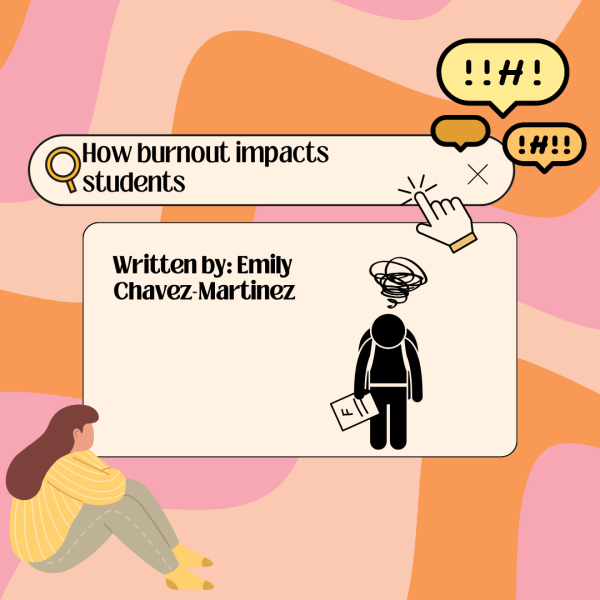SAT Essay, What to Expect

Juniors, SAT testing is right around the corner, and it will be here before you know it. The test takes place on April 12 statewide. Spring break is the best time to study if you have not started already. There are many resources that can prepare you for this test. Such as khan academy, provided study booklets, tutors, etc. The test is made up of three focus points: math problems with multiple choice responses, Reading and language with multiple choice responses, and a rhetorical analysis essay.
In this article I will dive into the strategies on how to write a great rhetorical analysis essay. The essay is now optional even though a majority complete it, but it doesn’t affect your overall SAT score. You will have 50 minutes to read the prompt and complete the essay. The essay is scored on a 2-8 scale. Its purpose is to assess your ability to analyze an author’s argument.
Aristotle defines rhetoric as the faculty of observing in any given case the available means of persuasion.
Text
To start off your response, you must read and analyze the text provided. Usually between 650-750 words of text.
- When reading the text make quick annotations in the margins and underline key points.
- Understand who the author is and their background. This is usually located at the top of the text, right below the title.
- Dictate the purpose of the text.
- Find the audience of which the author is speaking to.
- Find key words that allow you to figure out the authors tone.
- Figure out the exigence of the text
- Figure out possible rhetorical choices the author uses and underline possible evidence to back up the choice.
Intro paragraph
The best way to start of your essay is with a strong intro paragraph. About 2-3 sentences but can be however long you want.
- Use a hooking sentence to grab the readers attention.
- Include context of the text; the authors name and their credibility, the audience, the exigence, and any other necessary background.
- Don’t over explain background information.
- A clear thesis statement, preferably the last sentence of the intro.
- Suggested basic thesis set up: [Speaker] [rhetorical choice 1], [rhetorical choice 2], and [rhetorical choice 3 (optional)] in order to [purpose: inform/know], ultimately moving [audience] to [purpose: persuade/do].
Body paragraph(s) 2-3 paragraphs
Your body paragraphs will back up your statements and line of reasoning from your thesis.
- Start with a strong topic sentence that states your rhetorical choice, how it persuades the audience and how it connects to the purpose.
- Include embedded quotes (one sentence max) and/or paraphrased evidence with proper citations.
- Commentary includes why the rhetorical choice was used, its impact on the audience, and explain how the evidence connects to these ideas.
- Conclude the paragraph by explaining the rhetorical choice’s effect on the audience and how it furthers the author’s purpose.
Other tips
- Use strong verbs, avoid words such as uses, tells, states, shows, etc.
- Use present tense
- Only use 3rd person, do not use 1st or 2nd which uses words like “you” or “I”
- Use a variety of syntax
- Use proper grammar, spelling, and punctuation.
Rhetorical devices:
Allusion, anecdote, comparison, definition, diction, exemplification, juxtaposition, repetition, logos, ethos, and pathos.
There are other options you can choose as rhetorical choices, but these are the most common used in rhetorical writings.
The most commonly learned are Ethos, Pathos, and Logos. Ethos is the author establishing credibility and trust with the audience. Pathos is the author reaching to the audience’s emotions. Logos is the author using logic and reasoning to get their point across to the audience. When using these terms do not directly state these specific words. Describe means as a way of appeal to the audience.
Quotes of current high school senior’s recommendations and tips for the essay:
“I recommend to accurately justify your thesis and fully understand it, so you fully understand what you will be writing about” – Mya
“To understand the meaning of the words you use. Ones at the are at your own educational level.” -anonymous
“Never write in second person.” – Makayla Rayis
“Make sure you read the prompt really well and follow it through in your writing.” Madison Singer
“Don’t worry so much about the sophistication of your essay, just make sure you get your point across in the time you have to complete it.” – Ellie Snodgrass
Your donation will support the student journalists of Dakota High School. Your contribution will allow us to purchase equipment and cover our annual website hosting costs.

Ryenne Ashworth is a senior for the 2022-23 school year. This is her first year writing for the newspaper, but she has been writing for fun for years!...









